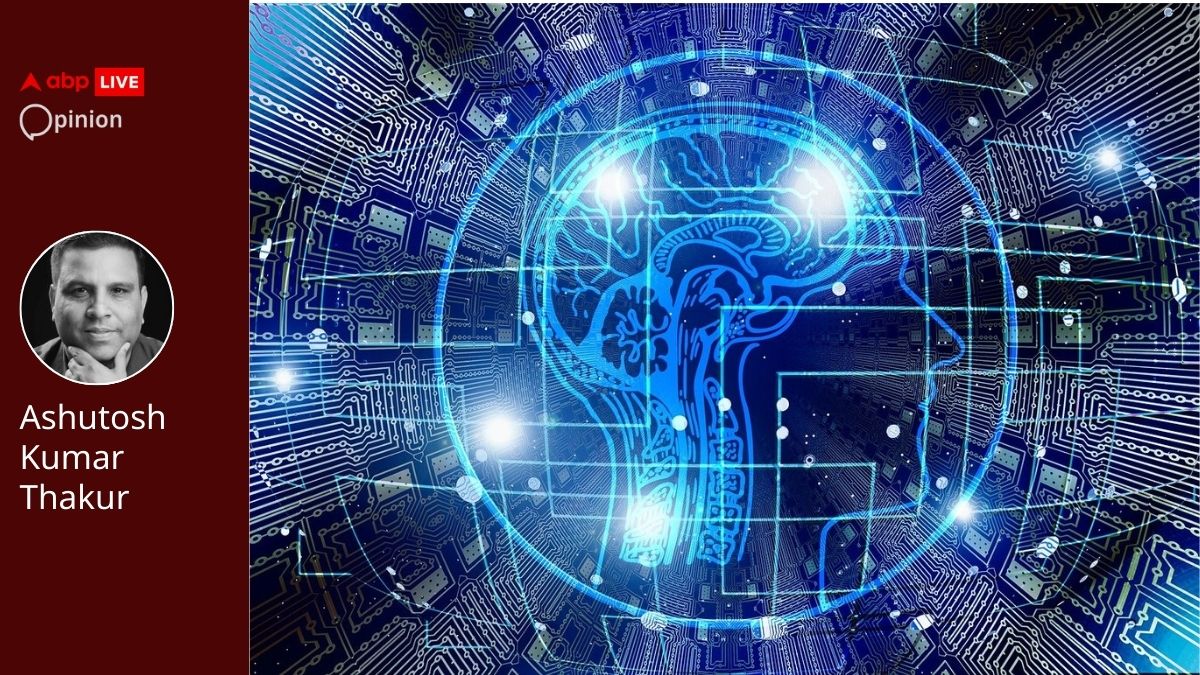In today's fast-paced technological landscape, sustainability is not just an aspiration but an urgent necessity. Organizations worldwide actively seek innovative ways to reduce their carbon footprint while maintaining operational efficiency. Satish Kumar Boddu , a thought leader in technology and sustainability, explores how data engineering revolutionizes environmental responsibility in his latest research.
His insights provide a roadmap for leveraging data-driven strategies to achieve carbon neutrality. The role of data engineering in sustainability initiatives is transformative. By integrating advanced analytics, organizations can track, measure, and reduce emissions with precision.

Data engineering enables real-time monitoring of environmental metrics, providing actionable insights that drive efficiency improvements. This shift not only helps in reducing waste but also supports the transition to renewable energy sources. As industries adopt artificial intelligence (AI) and machine learning (ML) for sustainability tracking, they gain an unparalleled ability to manage resources efficiently.
One of the biggest challenges in sustainability is accurate carbon accounting. Through data engineering, organizations can establish real-time emissions tracking systems. With IoT sensors, AI-driven analytics, and cloud-based platforms, businesses can monitor their carbon output at granular levels.
This real-time approach allows for swift interventions, ensuring sustainability goals remain on track. By using predictive analytics, organizations can foresee carbon emissions trends and proactively adjust their strategies. It has been noted that supply chain emissions make up a great deal of the carbon footprint emanating from an organization.
Companies optimize their supply chain operations using advanced data engineering techniques to recognize inefficiencies, reduce transportation emissions, and make sources responsible. Such blockchain traceability solutions provide a means for greater transparency among companies that are able to assess and improve sustainability in the entire supply network. Such solutions empower compliance also with requirements under the regulatory agencies as well as consumers' demands on sustainability on sourcing.
Energy consumption contributes heavily to carbon emissions. One area in which data engineering comes into play is managing energy consumption in industrial and office facilities. AI energy management platforms analyze consumption patterns, forecast variations in demand, and intelligently optimize the use of renewable energy sources.
This leads to drastically reduced energy wastage and improved sustainability performance. Organizations, through real-time data, can increase energy efficiency by implementing smart grids and automated control systems for the regulation of power consumption. A sustainable future requires a shift towards a circular economy, where materials are reused and recycled efficiently.
Data engineering supports this transition by enabling smart tracking systems for waste management and material recovery. Predictive analytics help organizations design eco-friendly products with a lower carbon footprint, while machine learning models optimize recycling processes, reducing overall environmental impact. Companies implementing circular economy principles achieve significant cost savings while reducing reliance on virgin raw materials.
While data-driven sustainability has vast possibilities, it also has its challenges. Among them are data silos, integration complexities, and limitations of real-time processing. Organizations need scalable data architectures and interoperable systems that allow seamless exchange of information across departments and stakeholders.
Thus, cloud computing, edge processing, and advanced AI models will go a long way in countering the challenges in reliable and efficient management of environmental data. This aspect also brings in the issue of data security and privacy. Turning ecological data into a protected decision-intelligence resource is paramount.
Sophistication isn't only for the institutions; it has to be for consumers and communities too. Companies can now deploy data engineering to develop powerful dashboards that give clients insight into their purchases vis-à-vis the environment. This transparency creates more informed consumers and a culture of sustainability.
As great an asset, community-based energy analytics-borne energy projects provide citizens with more equitable access to renewable resources, thereby facilitating involvement in sustainability initiatives on a broader scale. October 2023 was the training cut-off. The future of sustainability lies in the infusion of data engineering putting forth AI, IoT, and big data analytics in furthering organizations' advancement towards carbon neutrality.
Those companies that will invest in their tapestry of data today will be prepared for regulation and claim the forefront in sustainable innovation. Sustainability can be fast-tracked towards larger scale and effectiveness through the use of process automation and advanced algorithms. To summarize, Satish Kumar Boddu evokes vast perspectives on data engineering and its possibilities toward a sustainable world.
From real-time analytics to optimizing supply chains, implementing intelligent energy management systems will assist organizations in reducing their ecological footprints. Acceleration of data-driven practices for sustainability will foster innovation and collaboration worldwide for a greener future. Data-driven sustainability positioned in the hands of businesses creates a vibrant and responsible world.
.
















